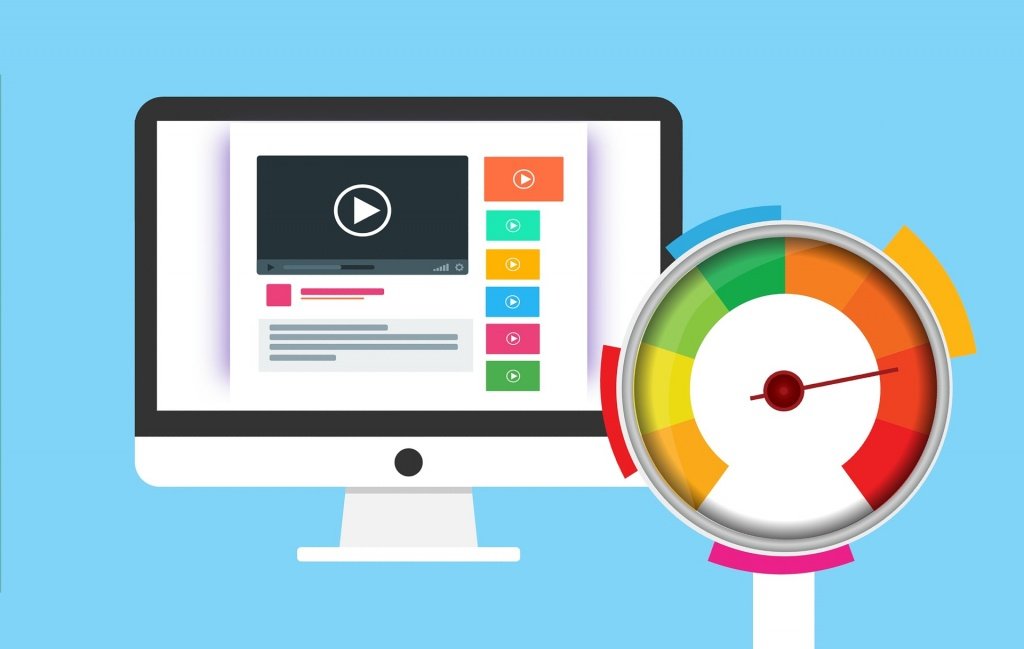
Every second counts in the dynamic world of e-commerce, where attention spans are shrinking, and competition is fierce. One critical factor that can affect one’s online success is website page speed.
Page speed refers to the time it takes for a page on a website to display its content entirely. While it might seem like a minor technical detail, page speed is pivotal in influencing website sales.
In this article, we will delve into ten reasons page speed can profoundly impact your website’s sales and overall success.
1 – First Impressions Matter
Like a physical store, a website’s storefront is its landing page. Slow loading times create a poor first impression, leading potential customers to bounce off the site. Research indicates that users tend to abandon a webpage if the loading takes more than three seconds. A sluggish website conveys unprofessionalism and erodes trust, resulting in missed sales opportunities.
2 – Reduced Bounce Rates
Bounce rate refers to the calculated percentage of online visitors who leave a site after checking just one page. A slow-loading website is a prime contributor to high bounce rates. When visitors need to wait for content to load, they are more likely to leave your website. A faster page speed ensures that users can quickly access the information they seek, reducing bounce rates and increasing the chances of conversions.
3 – Enhanced User Experience
User experience is at the core of any successful online business. A seamless and enjoyable browsing experience keeps visitors engaged and encourages them to explore more pages, ultimately leading to higher sales. Fast-loading pages facilitate smooth navigation and interaction, making it easier for customers to browse products, add and checkout items.
4 – Search Engine Ranking
Page speed is crucial in search engine algorithms. Search engines prioritize websites offering better user experiences, and page speed is a significant aspect. Google, for instance, considers page speed as a ranking factor. A website with faster loading times is likely to appear on the first page of search engine results. This can lead to increased organic traffic and potential sales.
5 – Mobile-Friendly Experience
With the surge in mobile device usage, catering to mobile users is paramount. Slow-loading websites can frustrate mobile users, who often need more data and bandwidth. A mobile-friendly and fast-loading website ensures a positive experience for mobile users and taps into a substantial market segment, potentially boosting sales.
6 – Reduced Abandoned Carts
Cart abandonment is a common challenge for any business with an e-commerce website. Slow page speeds during the checkout process can significantly contribute to cart abandonment. Customers who experience delays when completing their purchases are more likely to abandon their carts out of frustration. Optimizing page speed throughout the shopping process can significantly reduce cart abandonment rates.
7 – Increased Conversion Rates
Conversion rates directly indicate a website’s success in turning visitors into paying customers. Some reports have shown a strong correlation between page speed and conversion rates. A faster website creates a seamless path for customers from product discovery to purchase, increasing the likelihood of successful conversions. Every fraction of a second shaved offloading times can contribute to higher conversion rates and, ultimately, increased sales.
8 – Competitive Advantage
It is important to gain a competitive edge in a crowded and competitive online marketplace. A website that loads quickly stands out among slower-loading competitors. Shoppers are likely to choose a website that offers a smoother and faster browsing experience. By optimizing page speed, businesses can differentiate themselves and attract more customers, translating to improved sales figures.
9 – Customer Satisfaction and Loyalty
Happy customers are likely to become repeat buyers and brand advocates. Page speed directly impacts customer satisfaction. Customers who can effortlessly browse and make purchases are likely to perceive your brand positively. This positive experience contributes to customer loyalty and can lead to higher lifetime value, as loyal customers tend to make more frequent and higher-value purchases.
10 – Faster Loading Ads and Promotions
Advertising and promotions drive traffic and sales. However, if your website could be faster, even the most captivating ads might fail to deliver results. Slow-loading landing pages can undermine the effectiveness of your marketing efforts. By ensuring swift page speeds, businesses can make the most of their ad campaigns and promotional activities, leading to better ROI and increased sales.
Key Takeaways
Monitoring your website performance in this fast-paced digital landscape is crucial, where consumer expectations are ever-evolving. Page speed is not merely technical but a critical determinant of a website’s success in driving sales. From creating positive first impressions, reducing bounce rates, and enhancing user experiences, to boosting search engine rankings, the impact of page speed on website sales is undeniable.
E-commerce businesses that prioritize and invest in optimizing page speed stand to gain a competitive advantage, foster customer loyalty, and ultimately drive higher sales figures. As the digital world continues to evolve, recognizing the pivotal role of page speed in shaping online success is imperative for any business aiming to thrive in e-commerce.
***
Need help to speed up your website to increase your e-commerce sales? Cybertegic is a local digital marketing agency in Los Angeles that can help you.
Our team of web developers has years of experience in optimizing website speed. Cybertegic also offers a wide range of internet marketing services, such as SEO and PPC, to help businesses grow their online revenue.
